Highlights
Director-General

News
FAO expresses deep alarm over acute hunger in the Gaza Strip
UN agency issues call for urgent action in wake of Integrated Food Security Phase Classification report

Story
The 17 days of sustainability: a holiday challenge
17 ways you can help make this a very merry and sustainable holiday season!

In a new first, FAO Representatives from around the world gather in Rome
The First Global Working Conference was convened by Director-General QU Dongyu.

Interactive story
Achieving food security and nutrition both today and tomorrow
See our global roadmap to achieving SDG2 without breaching the 1.5C threshold.

Campaign
World Food Day Poster Contest 2023
This year, your creativity was out in full force! Come and explore the winning posters.


Publication
A showcase of FAO’s best work
How do we keep food imports safe? Do we need to choose between food security and climate neutrality? Our digital brochures answer these questions and more.

In Focus
FAO response to global food security challenges
Data analyses, policy recommendations, and actions on the ground.
.png?sfvrsn=afe05ad0_1)
In Focus
Making a difference, together
The Hand-in-Hand Initiative brings countries together to accelerate agrifood systems transformation.
Director-General

In a new first, FAO Representatives from around the world gather in Rome
The First Global Working Conference was convened by Director-General QU Dongyu.
Join the conversation
Voices of Impact
First Global Working Conference of FAO Representatives
22/12/2023
FAO Representatives met in Rome for their first-ever Global Working Conference. Three days to exchange, share knowledge, and learn from one another. Fostering closer collaboration between headquarters and decentralised offices. Highlighting the true meaning of One FAO. Watch the video to learn more about this extraordinary experience.
Video
Podcast
22/12/2023
In this podcast, our last one for the year, we are offering a glimpse into FAO's activities and advocacy through the eyes of those who manage them in more than 130 countries around the world.
Data
FAO Hunger Map
FAO, IFAD, UNICEF, WFP and WHO. 2023. The State of Food Security and Nutrition in the World 2023. Urbanization, agrifood systems transformation and healthy diets across the rural-urban continuum. Data are available on FAOSTAT (https://www.fao.org/faostat/en/#data/FS)
2020 World
31.2%
2010 World
31.5%
In depth

In Focus
Annual funding overview
Thanks to continued trust and growing financial support from our Resource Partners, FAO is working to create a world without hunger or poverty.

Publication
Medium Term Plan and Programme of Work
The Director-General’s Medium Term Plan (Reviewed) 2022-25 and Programme of Work and Budget 2024-25.

In Focus
FAO Data Lab
The FAO Data Lab for Statistical Innovation modernizes the statistical business process, with a specific focus on emergency contexts, when having access to timely information is very important.
FAO and the SDGs
Hover the mouse over an SDG icon for more information
A world free from hunger and malnutrition where food and agriculture contributes to improving the living standards of all

FAO works with governments and partners to empower some of the world’s most marginalized people to end rural poverty.

FAO helps ensure food security by developing ways of growing food that will work in the future so that millions of people don’t go hungry.

Good health starts with nutrition. FAO sets global standards and works with governments and the private sector to ensure food quality and safety throughout the food chain.

FAO invests in educational systems for rural communities and supports improved access to primary education and school meals in order to create equal opportunities for all and chances of lifelong learning.
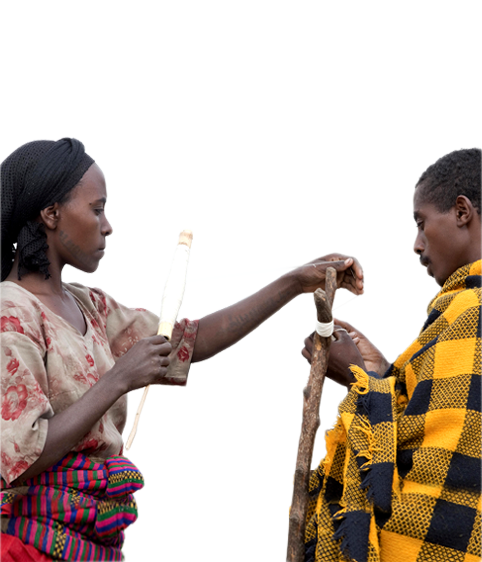
FAO supports gender equality in the agricultural sector in an effort to raise levels of nutrition in local communities and improve agricultural productivity.
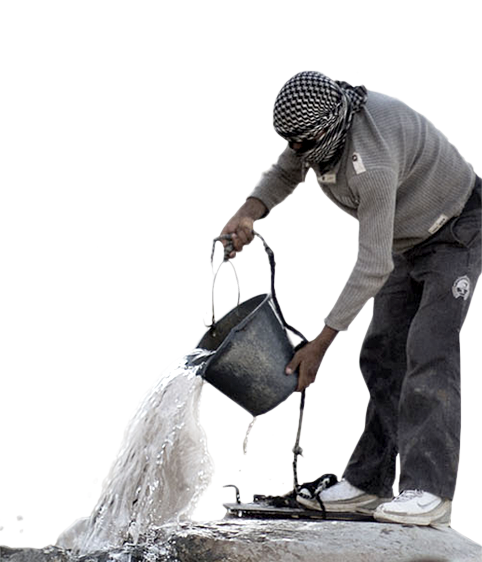
FAO works with governments to ensure water use in agriculture is made more efficient, equitable and environmentally friendly.

FAO promotes the use of renewable energies and works to ensure access to modern energy services across the food chain.
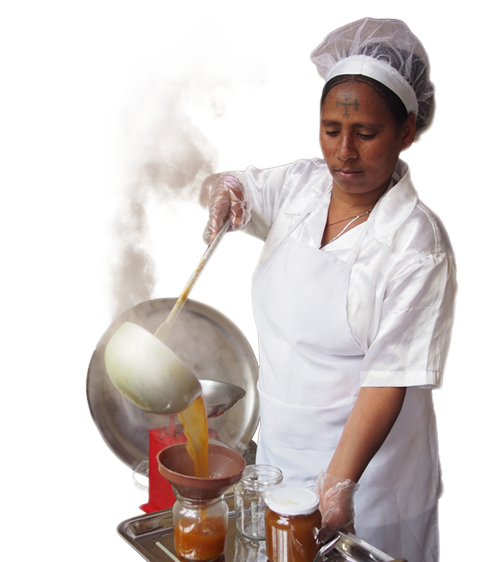
FAO seeks better economic opportunities for all by investing in sustainable agricultural practices and food systems that reduce inequalities and create decent jobs.
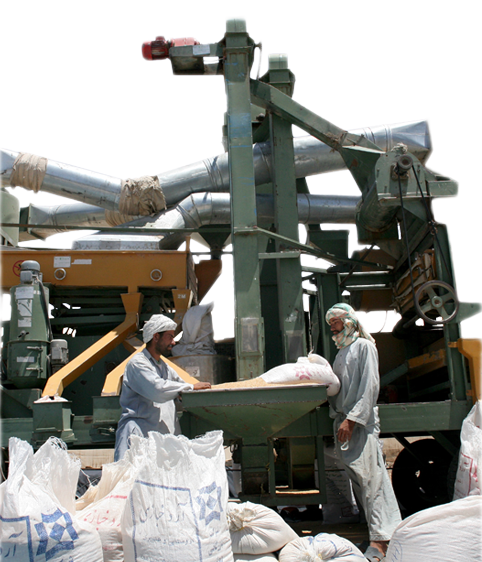
FAO seeks to secure a future for rural communities via investments in transportation, irrigation, food storage facilities and communication technologies.
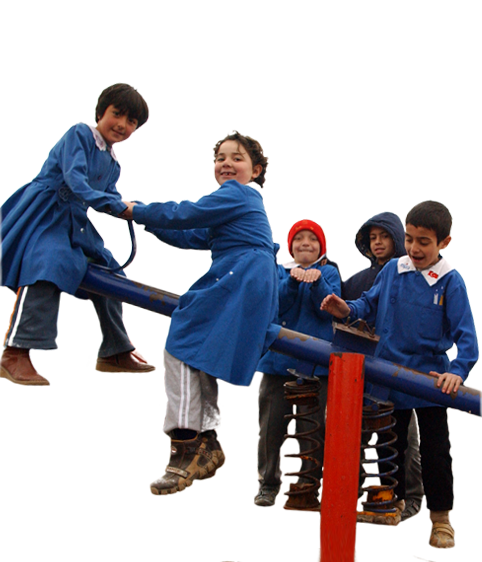
FAO works with countries and partners to generate employment in rural areas, ensure access to natural resources for the most vulnerable and connect farmers to markets.

FAO works to improve urban healthcare, water quality and rethink city region food systems to help deter the negative effects of sprawling urbanisation.

FAO coordinates major global initiatives and projects to tackle food waste and loss, partnering with international organisations, the private sector and civil society.
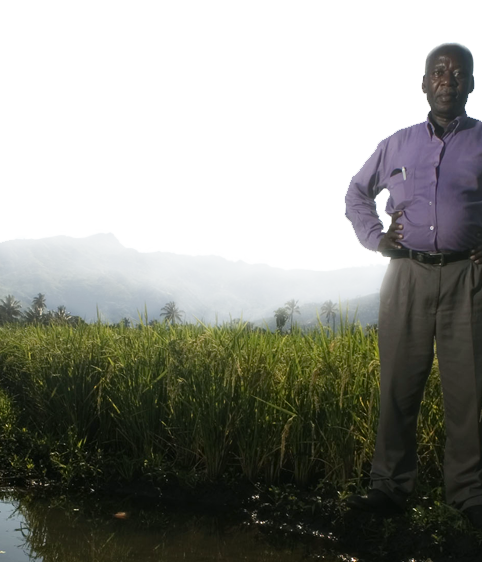
FAO supports countries in responding to the threats of climate change by providing advice, data and tools for better agricultural policies and practices.
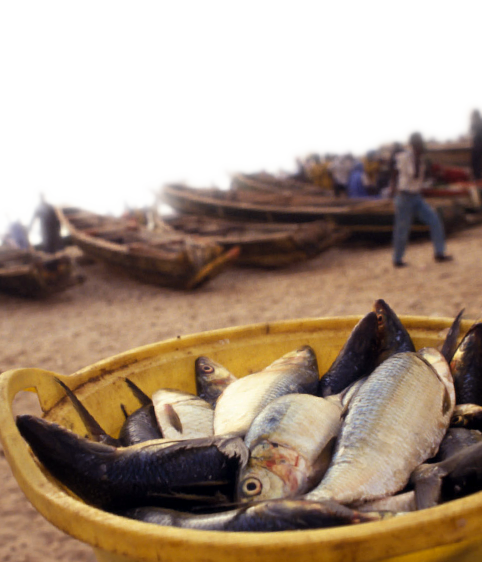
FAO, in partnership with governments and fishing communities, implements best practices in fisheries to ensure our oceans are protected as a means of livelihoods.
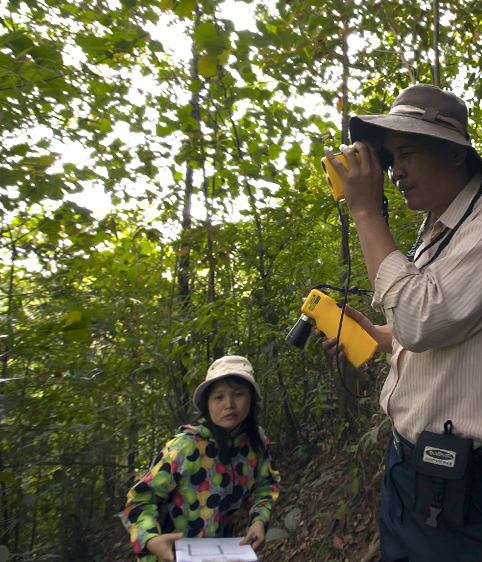
FAO promotes sustainable approaches to natural resource management and supports endeavours that promote a balance between conservation and development initiatives.

FAO plays a critical role in peacebuilding, restoring rural livelihoods, building resilience and participatory approaches to policymaking.

FAO acts as a neutral policymaking forum and develops partnerships with all concerned with food and agriculture to ensure a world free from hunger.


















Globally Important Agricultural Heritage Systems.
FAO Brief
Explore FAO's global initiatives and impacts in our year-end podcast, as seen by our leaders in over 130 countries.



